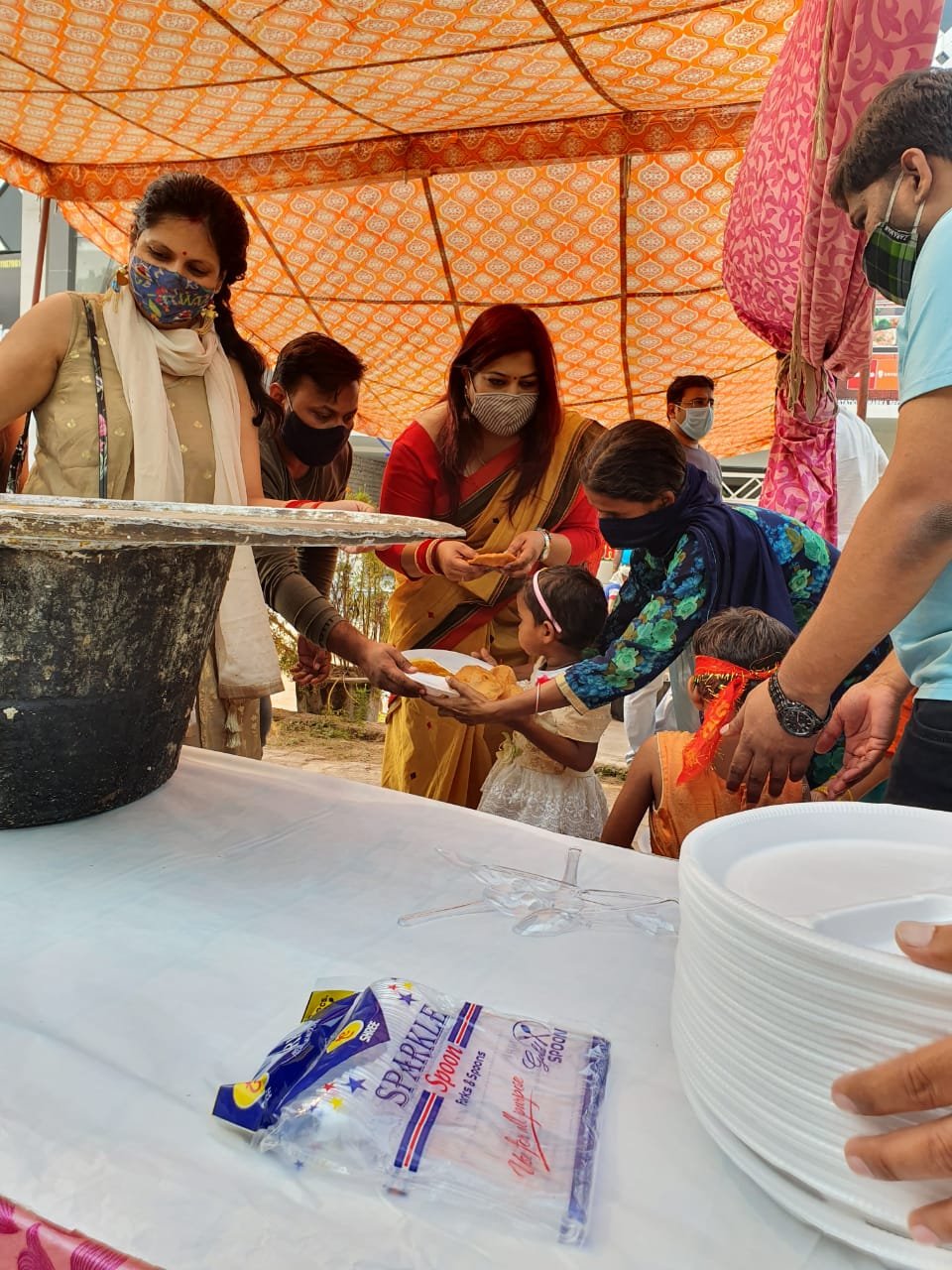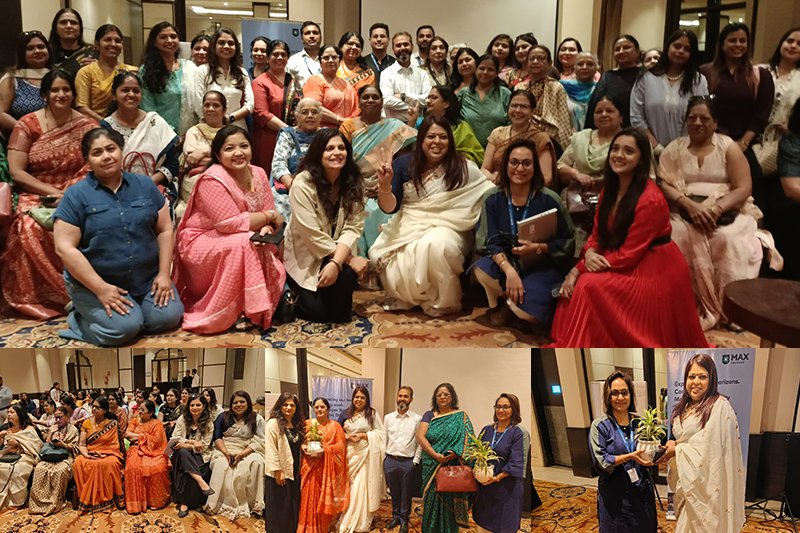
Our world has been grappling with the persistent challenge of poverty. However, the role of food and nutrition transcends mere sustenance. It emerges as a powerful tool, a catalyst for change capable of breaking the shackles that bind communities in cycles of deprivation. This blog delves into the profound impact that prioritizing food and nutrition can have in the fight against poverty, with a spotlight on the commendable efforts of the Food Health NGO in Dwarka, led by the visionary Sandhya Singh.
1. Health is Wealth:
The adage “health is wealth” holds profound meaning, especially in the context of poverty alleviation. Adequate nutrition is the cornerstone of good health, providing the energy and vitality needed for individuals to engage in productive activities. Healthy individuals are better equipped to work, learn, and contribute to their communities, creating a positive ripple effect on the overall economy.
Sandhya Singh’s Food Health NGO in Dwarka echoes this sentiment by actively advocating for health-centric initiatives, ensuring that the marginalised sections of society have access to nutritious meals.
2. Unlocking Human Potential:
Malnutrition, often intertwined with poverty, hampers cognitive development, physical growth, and overall well-being. By ensuring access to nutritious food, particularly during critical periods such as childhood and pregnancy, we unlock the full potential of individuals. Well-nourished children are more likely to excel in education, breaking the cycle of intergenerational poverty.
The Food Health NGO, under Sandhya Singh’s guidance, actively focuses on nutrition programs targeted at vulnerable populations, ensuring that the community’s youngest members receive the nourishment they need to thrive.
3. Boosting Economic Productivity:
A well-fed workforce is a more productive workforce. Adequate nutrition enhances cognitive abilities and physical strength, leading to increased productivity in the workplace. As individuals thrive, so do communities, contributing to a positive economic spiral that helps lift people out of poverty.
Sandhya Singh’s NGO, recognising the crucial link between nutrition and productivity, collaborates with local businesses to integrate nutrition programs into workplace wellness initiatives.
4. Addressing the Root Causes:
Poverty is often rooted in systemic issues such as lack of education, limited access to resources, and unequal distribution of wealth. Nutrition programs, when integrated into broader development strategies, address these root causes. Education on healthy eating habits, community-based agriculture initiatives, and equitable food distribution systems all contribute to a holistic approach to the battle against poverty.
Sandhya Singh’s holistic vision for poverty alleviation through this NGO includes educational initiatives that empower communities with knowledge about healthy eating habits, promoting sustainable farming practices, and arranging frequent food donation drives in Dwarka, Delhi.
Lastly, nutrition programs also act as a catalyst for community empowerment. When communities are actively involved in planning and implementing initiatives related to food security and nutrition, they gain a sense of ownership. This empowerment fosters a collective spirit by encouraging sustainable practices and reinforcing the resilience needed to overcome poverty.



